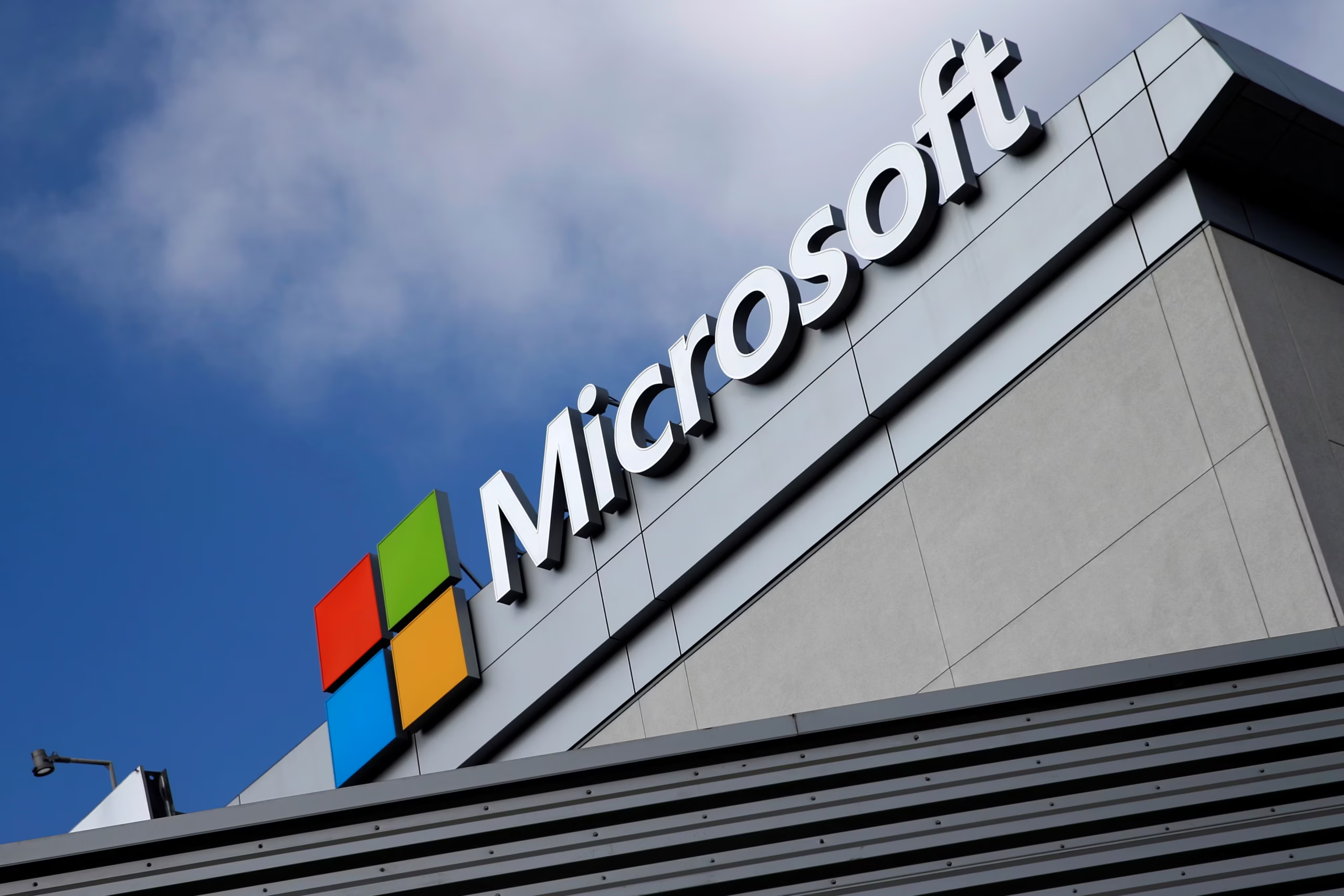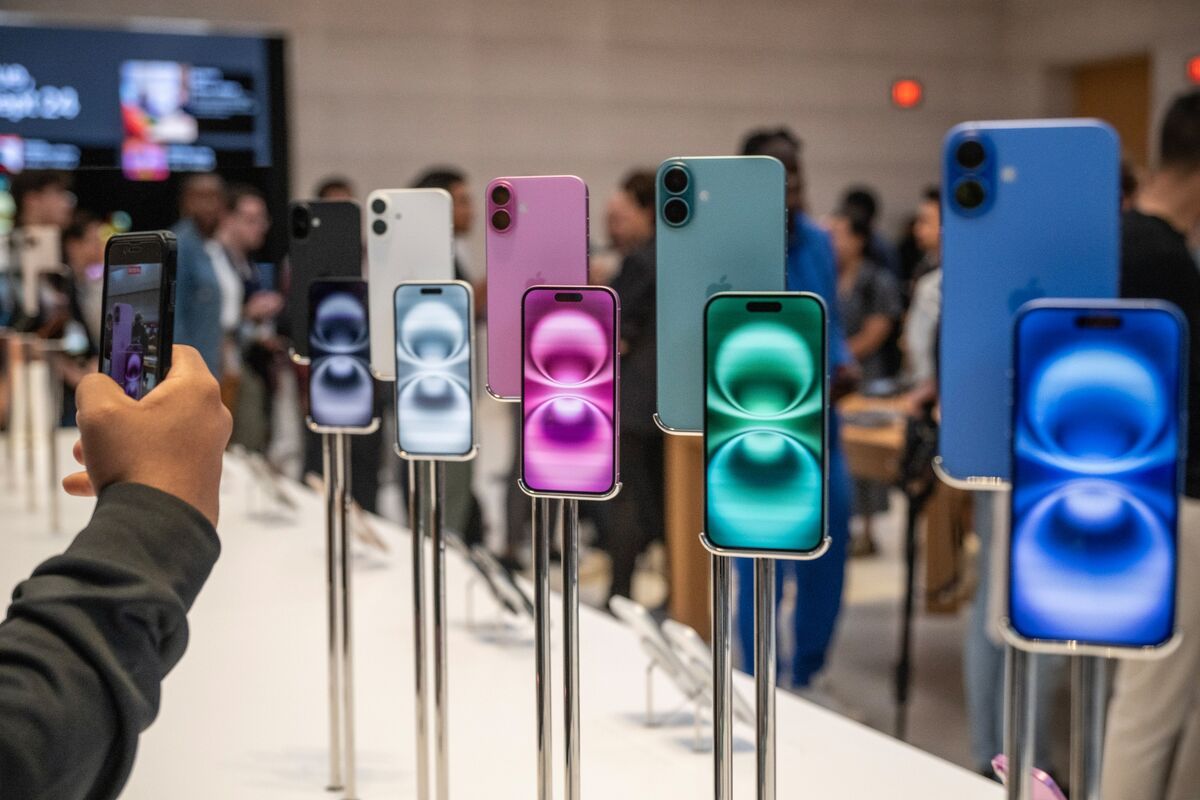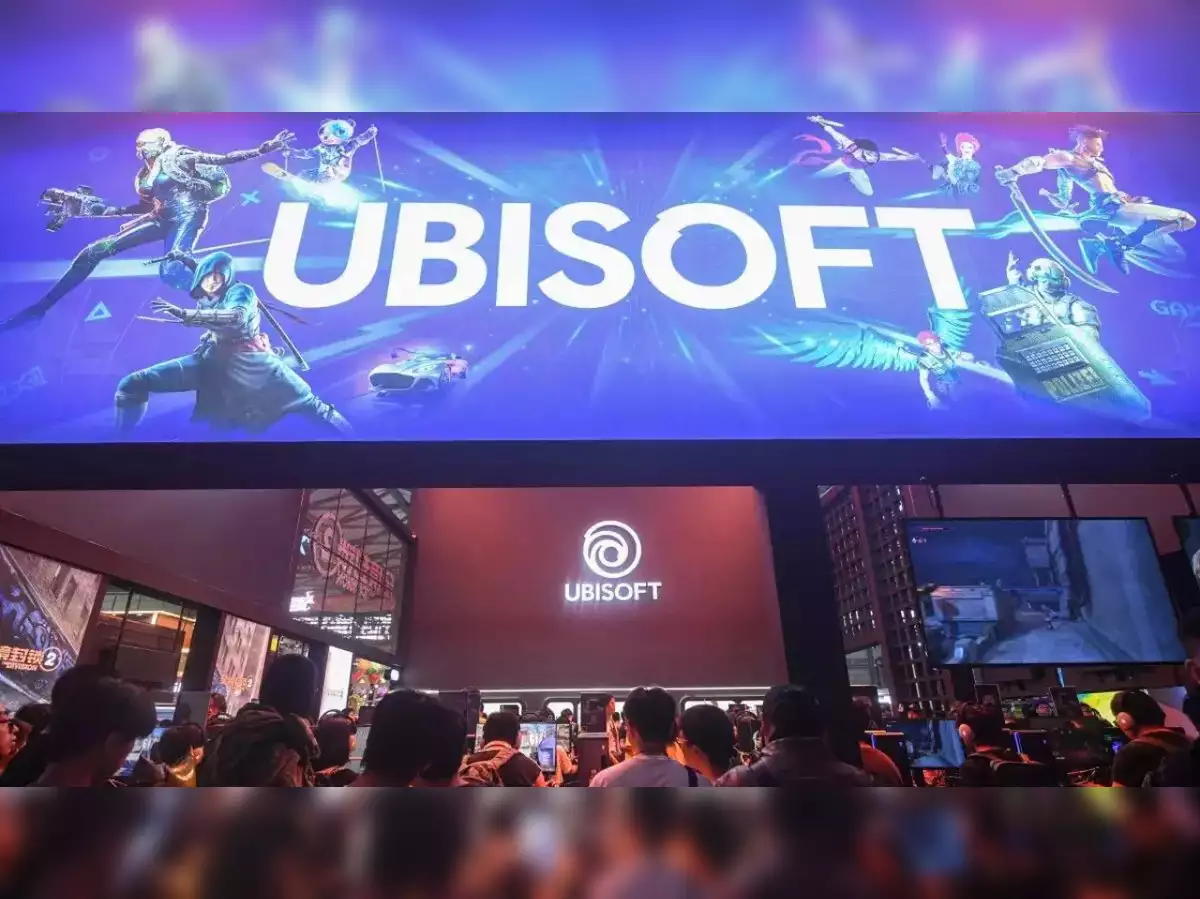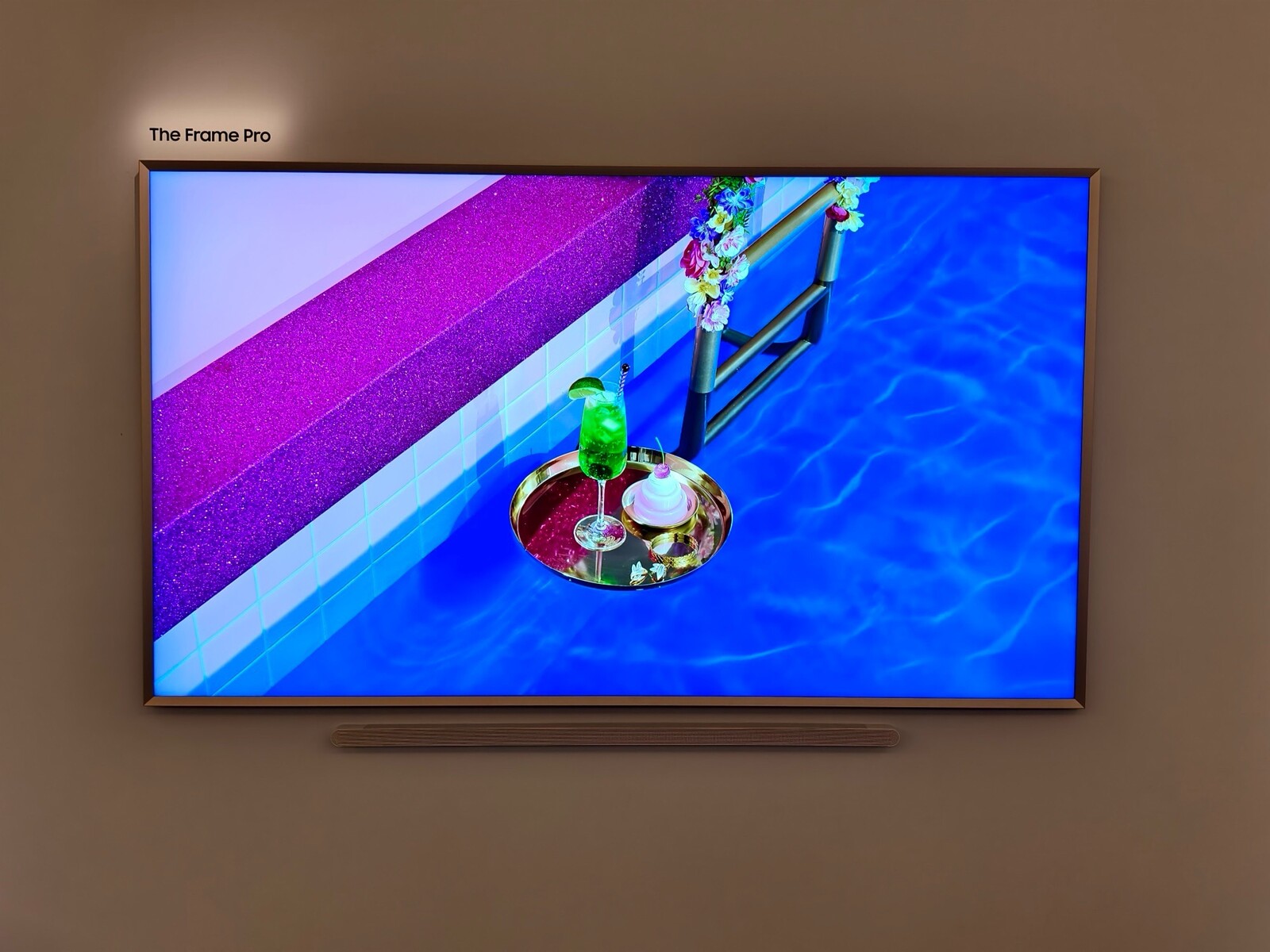In an unexpected move that has sent ripples through the gaming community, Ubisoft has decided not to provide press previews for its highly anticipated title, Assassin’s Creed Mirage. This decision, a departure from the industry norm, has sparked a wave of speculation and debate about the game’s quality and Ubisoft’s strategic intentions.
The announcement, delivered a mere week before the game’s official release, has left many wondering why Ubisoft would withhold such a crucial element of pre-release marketing. The gaming press, traditionally reliant on previews to inform their reviews and generate hype, now finds itself in uncharted territory, forced to base their coverage solely on Ubisoft’s official promotional material and any leaks that might surface.
A Calculated Risk or a Sign of Trouble?
Ubisoft’s decision has ignited a firestorm of speculation across various online platforms. Some observers believe it’s a calculated risk aimed at building anticipation and preventing any negative press from influencing early sales. Others see it as a red flag, suggesting that the game might not be ready for prime time and that Ubisoft is attempting to manage expectations.
The absence of press previews also raises questions about the game’s review embargo. Traditionally, review embargoes lift shortly before a game’s release, allowing the press to publish their reviews and guide consumer purchasing decisions. With no previews to go by, it remains to be seen how Ubisoft will handle the review embargo for Assassin’s Creed Mirage.
The Community Reacts
The news has generated a mixed response from the gaming community. Some fans are excited by the air of mystery surrounding the game, viewing it as a bold marketing move that will heighten the sense of discovery upon release. Others, however, are concerned that Ubisoft might be hiding something, and that the lack of previews is a sign that the game might not live up to expectations.
Social media platforms are abuzz with discussions about the implications of Ubisoft’s decision. Some are calling it a “gamble,” while others are labeling it a “disaster in the making.” The lack of clarity from Ubisoft has only fueled the speculation, with fans clamoring for answers and reassurance.
What Does This Mean for Assassin’s Creed Mirage?
The impact of this decision on Assassin’s Creed Mirage’s success remains to be seen. While the lack of previews might create a sense of intrigue, it could also backfire if the game fails to meet expectations upon release. The absence of critical feedback from the press could lead to a drop in early sales if consumers are hesitant to invest in a game they know little about.
Ubisoft’s decision also raises broader questions about the future of pre-release marketing in the gaming industry. With the rise of social media and influencer marketing, traditional press previews might be losing their relevance. However, the gaming press still plays a crucial role in shaping consumer opinion, and Ubisoft’s move could set a dangerous precedent.
My Take on Ubisoft’s Decision
As a seasoned gamer, I’ve seen my fair share of pre-release hype and disappointment. While I appreciate Ubisoft’s attempt to create a sense of mystery, I also believe that transparency is crucial in building trust with consumers. The lack of press previews feels like a missed opportunity to generate excitement and address any potential concerns before the game’s release.
I’m also concerned about the potential impact on smaller gaming outlets that rely on previews to gain exposure and build their audience. Ubisoft’s decision could disproportionately affect these outlets, further consolidating the influence of larger media organizations.
Ubisoft’s decision to withhold press previews for Assassin’s Creed Mirage is a bold move that has generated significant buzz and debate. Whether it’s a calculated risk or a sign of trouble remains to be seen. The game’s success will ultimately depend on its quality and how well it resonates with players. However, Ubisoft’s decision could have far-reaching implications for the future of pre-release marketing and the relationship between game developers and the press.










Add Comment